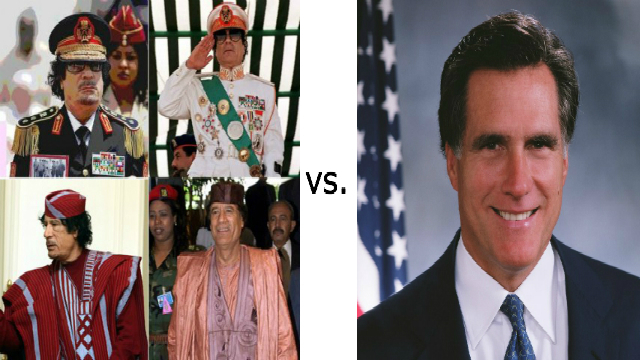Why Killing Must Be a Neutral Term

Introduction to the ‘Killing Ethically’ series
Killing can be sign of compassion or malice. This means when discussing killing, I will be using the word in a neutral way: it is taking an action (often deliberately) to end the life of a biological organism. This means we kill plants and people, chrysanthemums and coma-patients, for good and bad reasons. Though this seems obviously true, the term is also used interchangeably with loaded moral terms, like ‘murder’. This is unhelpful if we wish to have clear discussions about killing, in its ethical and unethical manifestations.
Killing in its neutral state implies most of us have killed in our lifetimes by swatting flies, stepping on plants, crushing bugs or neglecting flowers. This doesn’t make the term flippant, however, since in order for us to gain clarity on what makes killing (humans) wrong, we need to ground ourselves in neutral terms. We can’t very well discuss the morality of a subject if a particular moral view is already built into the term. If killing is by definition wrong in all cases, then we get nowhere by asking if killing is wrong. For example, we don’t ask anything interesting – or anything meaningful – if we ask: “Is a bachelor unmarried?”
To reiterate: killing is a neutral term indicating taking action to end biological life. Wrongful killing would be, for example, murder. It already has built into it an immoral property. However, in order for us to decide whether an action was or was not murder – in other words if it was immoral or not – we must first apply different moral categories to a neutral term. We already know that someone was killed – but we then decide whether this was done morally or not. I think almost all of us would admit there is a difference between the actions of a person killing an attacker in self-defence and the actions of Jack the Ripper.
Killing, therefore, can also be compassionate, as any pet owner, for example, knows. When one has watched a beloved pet writhe in unavoidable agony, probably most of us have made the difficult choice to kill. We often don’t use that term though, preferring phrases like “putting him out of its misery” or “helping her along”. The intention behind killing animals with broken legs or dying from open wounds has almost always been compassion. Once dead, they can no longer suffer.
In most social discourse, though, it appears that killing (especially killing humans) is synonymous with murder. Newspapers often have headlines or articles discussing horrible individuals who “killed” a certain number of people. But this tells us nothing, since medical staff in The Netherlands and Switzerland have killed people, too. Anyone who equates the intention of a team of medical staff doing all they can to alleviate a patient’s suffering, who has her loved ones nearby and several consent papers on hand, with a mass murderer, killing people mercilessly and against their will, has a moral code blackened by outrage or skewed by irrationality.
This is not say that the moral justification rests solely in the fact a doctor performs the operation. One can still be opposed to physician-assisted suicide, but do so for better reasons than hysterical outrage that sees only Nazi death camps as the correct comparison. There is no reason why, for example, we cannot use compassion as a factor in killing ourselves and loved ones. Compassion is not the only nor – I think – sufficient factor, but it is perhaps one of the most important. But in order to ascertain whether we can even use aspects like compassion, we must first at least all agree that killing is a neutral term.
Furthermore, even those who think compassion is irrelevant to killing, must then offer reasons why it is acceptable (assuming it is) for justifying killing non-human animals but not humans. But before we can even reach such a discussion, detractors must at least agree that we kill humans and animals – whether we do so for good or bad reasons, resulting in moral or immoral actions, is something that can only become clear when we all stand on an acceptable, neutral framework. The term killing, as much as it is contorted and clouded, must be flattened and made neutral. Once there, it allows us to make progress in deciding whether killing – in war, medicine, or State executions – is justified.
It may be the case that all killing in these different arenas is wrong. I don’t think so, but it is something that needs focus. For example, many of us do think it’s moral for two soldiers on different sides to shoot and try kill one another. But why? What is it about a battleground that allows for this to happen? Was killing Bin Laden moral if there were alternative options that could’ve achieved a similar goal? Why are drones viewed with such hatred, when they could, paradoxically, be saving lives? And in terms of medicine, why do we allow a person to smoke and take alcohol to shorten and damage her life, but refuse her access to end it?
These are questions that must and should be answered. In order to get there, we must first rest ourselves upon a neutral framework to even begin making sense: We might be using the same terms, but do they mean the same things? Debates and discussions shape our policies – and in order for us to begin making better ones, we need to make better arguments and have clearer conceptions when making them.
Image Credit: Showing part of “The Lady Justice at Dublin Castle, Dublin, Ireland”, Rob Wilson/Shutterstock.com





